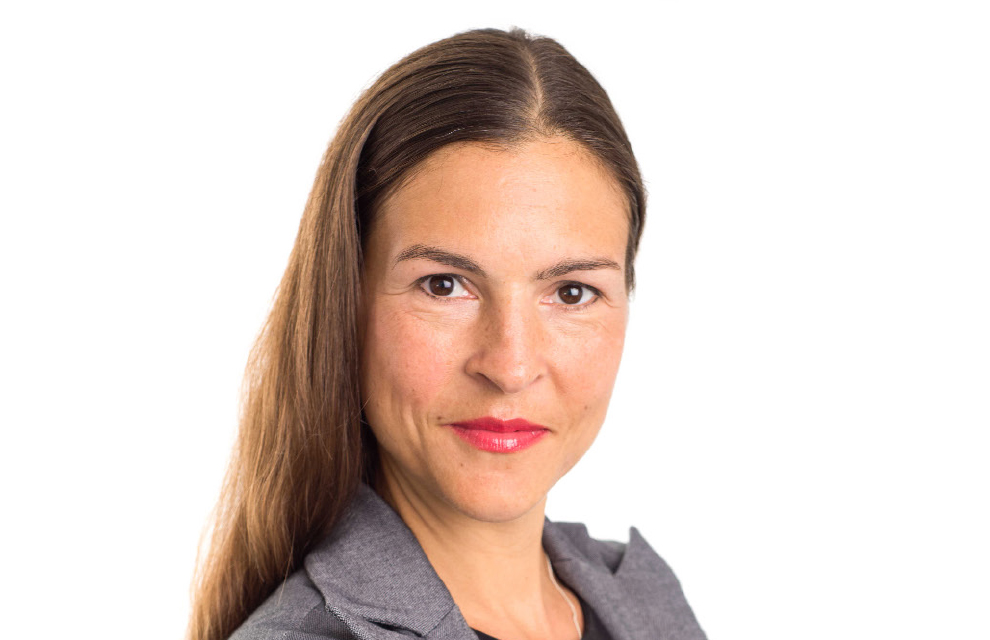ASW Law
With a rise in cannabis businesses looking to captive insurance programmes, Kim Wiley, senior counsel at ASW Law, discusses the reasons behind the interest and some of the challenges that remain
Has there been an increase in cannabis captives?
We have seen increasing interest in Bermuda captives for cannabis businesses, driven primarily by the notice of the Bermuda Monetary Authority (BMA) issued in November 2019. In this notice, the BMA confirmed that it will not object to BMA-supervised entities conducting business with licensed cannabis cultivators, processors or sellers, as long as the conduct of such business is not contrary to any offences that may be provided for in the laws of a foreign jurisdiction which amount to ‘criminal conduct’ within the meaning of section 3 of the Proceeds of Crime Act 1997 of Bermuda. Consequently, cannabis businesses that are federally legal in the jurisdictions in which they operate — such as Canada — can set up a captive insurer licensed by the BMA.
What is the difference between commercial insurance and captive insurance for the cannabis sector?
Given that cannabis is a relatively new market, commercial insurance — which is sourced from third-party providers — is often expensive, or in some cases unavailable. For example, director and officer (D&O) insurance can be cost-prohibitive for many businesses, and insurance for vape products is generally not available in commercial markets.
A captive is an alternative that allows a cannabis business to set up a self-insurance vehicle. The captive can then be used to cover all or a portion of the risk that would otherwise be placed in the commercial market. The captive allows for the cannabis business to retain premiums provided there are no claims, thereby also serving as an effective risk mitigation tool for the business.
What are the most popular domiciles for cannabis captives?
Bermuda is by far the most popular domicile for cannabis captives given the position by the BMA. We are not aware of captives being set up for cannabis businesses in any other domicile.
What trends are you seeing surrounding cannabis captives?
Cannabis businesses were setting up captives initially for D&O insurance coverage. We are now seeing cannabis businesses using their captives for a greater variety of risks, which include risks related to property, general commercial liability and product liability (including vape products).
What challenges remain around the cannabis industry and captives?
By far the biggest challenge in the industry is legal restrictions at the federal level in the US. However, even with legislation such as the Safe Banking Act, which would give cannabis businesses access to financial services, pricing of commercial insurance is likely to remain a challenge.
Given the emerging nature of the cannabis market, the industry has limited loss history, which makes it challenging to price insurance coverage, resulting in higher premiums. Consequently, we see the Bermuda captive (self-insurance) model as a viable option for cannabis businesses for years to come.





